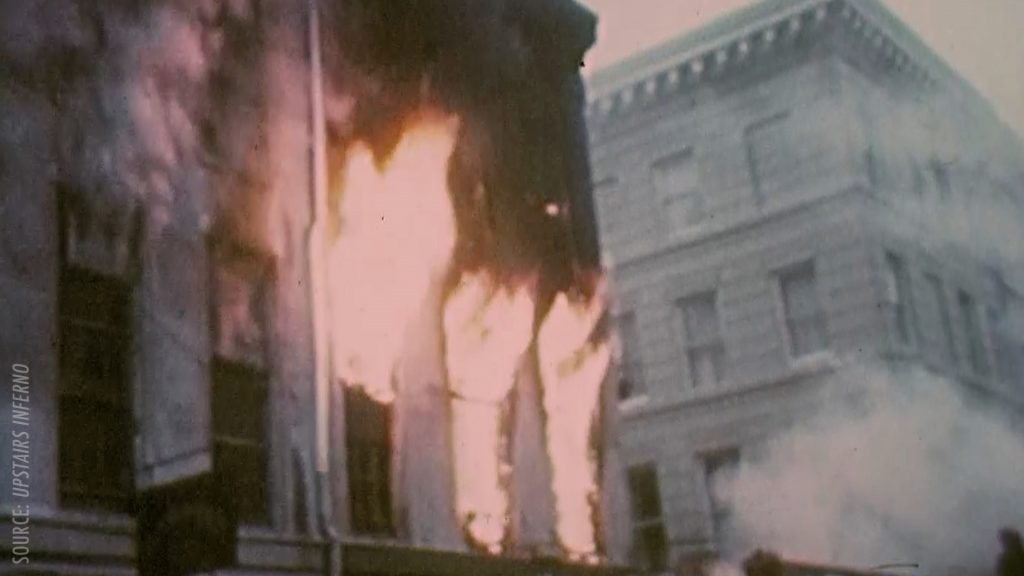The Oxford Film Festival and the Sarah Isom Center for Women and Gender Studies will host a free screening of the 2015 documentary “Upstairs Inferno” and a post-screening discussion at 6 p.m. Thursday at the Powerhouse as part of Oxford’s Pride Week celebration.
“Upstairs Inferno” recounts the arson of a New Orleans gay bar called the Up Stairs Lounge. The arson occurred on June 24, 1973, and for 40 years it was the largest massacre the American gay community had ever experienced.
For many Americans, however, the story of the Up Stairs Lounge massacre remained unknown for decades.
“I had never heard of it, and I was shocked. This was the largest gay massacre in U.S. history, and I thought I knew my gay history,” the film’s director Robert Camina said. “I asked around to all my friends and colleagues (to see) if they had heard of it, and no, they hadn’t. So I decided that I would take on the project of telling the Up Stairs Lounge story.”
Camina is not alone in his hopes that the screening will spread visibility about the LBGTQ community’s history. The Oxford Film Festival is excited to contribute to LGBTQ visibility, as well.
“I think a film such as this specifically takes a look at historical events that have impacted the LGBTQ community and how we can learn from it, moving forward,” Oxford Film Festival executive director Melanie Addington said. “I think most people are aware of what happened in Orlando at Pulse but may not know the history of this event and could learn something from it.”
“Upstairs Inferno” is not Camina’s first venture into documenting attacks against the gay community. His first film, “Raid of the Rainbow Lounge,” explored a 2009 raid of a gay bar in Fort Worth, Texas, that resulted in the injury of many patrons.

Photo Courtesy: Upstairs Inferno
Despite the short time since the Rainbow Lounge raid, Camina recognizes the massive strides that the U.S. has made since the attack on the Up Stairs Lounge.
“In 1973 people could not openly grieve the loss of their friends in the fire because if they somehow revealed at work that they were grieving, it would raise the questions: ‘How do you know someone at a gay bar? Are you gay?’” Camina said. “At that time, there was so much to lose, so you had to suppress that grief, but in 2009 there were protests in the streets.”
For Camina and the Oxford Film Festival, involving themselves in local cultural events such as Oxford’s Pride celebrations is a crucial way to contribute to the growing trend of acceptance in the U.S.
“We are so happy to partner with UM Pride Network and Sarah Isom Center every year on the Pride weekend and, with our new grant from the Academy of Arts and Sciences (Oscars), to expand our LGBTQ films at our festival in February,” Addington said.
Camina hopes that events like Oxford Pride Weekend and the screening of “Upstairs Inferno” inspire a sense of togetherness to heal the trauma that the LGBTQ community has faced throughout its long and troubled past.
“I hope that compassion is the theme that people emerge with, because in the end, despite our religion, ethnicity or sexual orientation, we are more alike than we are different,” Camina said. “I think that if we recognize that we are all more alike than we are different, we will all be in a much better place.”






